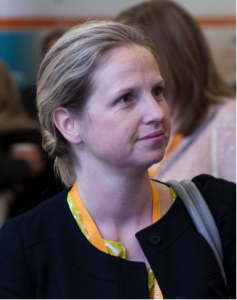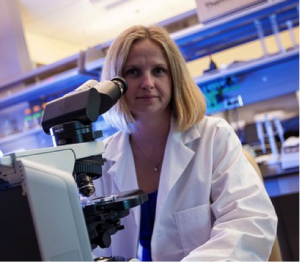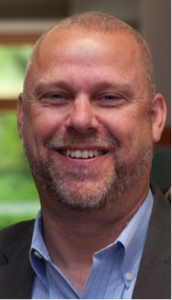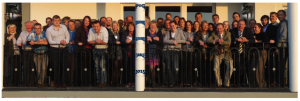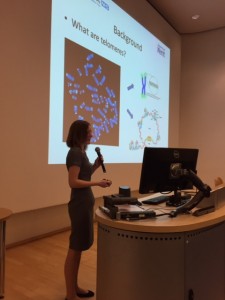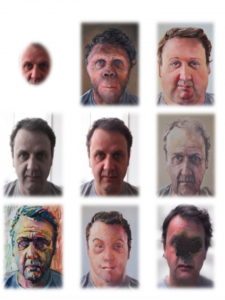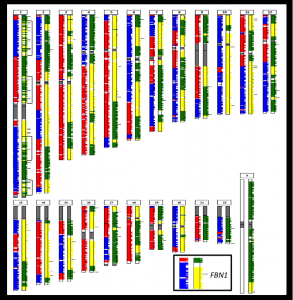Dr Helen Tempest, a former post-doctoral researcher in the School of Biosciences, was the runner up in the recent BritWeek awards.
BritWeek was initiated in 2007 (by Nigel Lythgoe and the then Consul General Bob Peirce) to highlight creative fusion between the UK and the USA. BritWeek’s stated mission is to generate greater awareness of the multitude of ways in which the UK and the US work closely together, and further build this relationship to advance business, the arts, and philanthropy. Every Spring, BritWeek hosts a program of events that promotes British creativity, innovation and excellence in California across multiple categories including, film & television, music, art, fashion, design, retail, sport, philanthropy, business, and science. The events attract support from thousands of people, including international celebrities as well as business and political leaders; Helen travelled to Hollywood in April to receive her award.
Helen did her BSc in Applied Biology Brunel University and, under the supervision of Professor Darren Griffin, did her PhD thesis on chromosome abnormality in human sperm. He current research focuses on the genetic aspects of infertility and toxicants in humans utilizing molecular technologies. She moved to the University of Kent in 2004 to work on avian genomics; there she became interested in combining nanotechnology with conventional genetic techniques. In 2006, she joined the University of Calgary where she investigated the effect of chemotherapy on sperm genetics, and genetic recombination. During 2008-2009 she returned to the UK to devote her efforts to genetic diagnosis of IVF embryos working at the London Bridge Centre with the world’s leading group in this area. She has published ~30 manuscripts in the top reproduction and cytogenetic journals, and was recipient of 2006 and 2007 Petro Canada Young Innovators Awards as well as the 2006 Champion Technologies Award. She has successfully raised research funding of the equivalent of over £1.6 million and is currently Secretary General of the International Chromosome and Genome Society. In 2009 she was appointed to the Faculty as Assistant Professor at Florida International University (FIU) and established a reference reproductive genetics laboratory that became a pivotal component of joint efforts between the College of Medicine and College of Engineering to develop novel, robust, and sensitive methods for monitoring exposure to chemical toxins. She has also pioneered teaching programs for medical students at FIU and has been session chair and invited speaker at numerous international conferences.
Dr Tempest also gives regular, enthusiastically received “general science talks” to the public, medics and schools including: “Genome Sequencing: The Dawn of Personalized Medicine” “Semen assessments: are there better ways to predict male fertility?” “The Genetic basis of Male Infertility” and “To Err Meiotically is Human”. In 2007 she was Invited to present and participate in the Alberta Heritage Foundation for Medical Research. A Workshop for High school Science Teachers and students to experience hands-on research and learn about the latest developments in healthcare
Her work on Preimplantation Genetic Diagnosis has benefitted hundreds of couples seeking to avoid having children with gross genetic abnormalities while her work on biosensors capable of detecting unspecified DNA damage by exposure to genotoxic agents has benefitted military personnel in the US.
Helen said “I am honoured to receive a BritWeek Innovation in Academia Award. It is especially rewarding that my scientific and educational contribution have been recognized by my peers. Pursuing research and educating future physicians in the rapidly evolving field of medical genetics has been, and continues to be extremely rewarding career.”
In choosing her for the award in the category of science and technology, BritWeek noted that Helen’s professional accomplishments “have made a lasting impact in the field of higher education [and] have earned the respect and admiration of [her] professional colleagues.”
The award ceremony took place April 30 in Los Angeles and was presented by Professor Dame Julia Goodfellow, Vice-Chancellor of the University of Kent.
